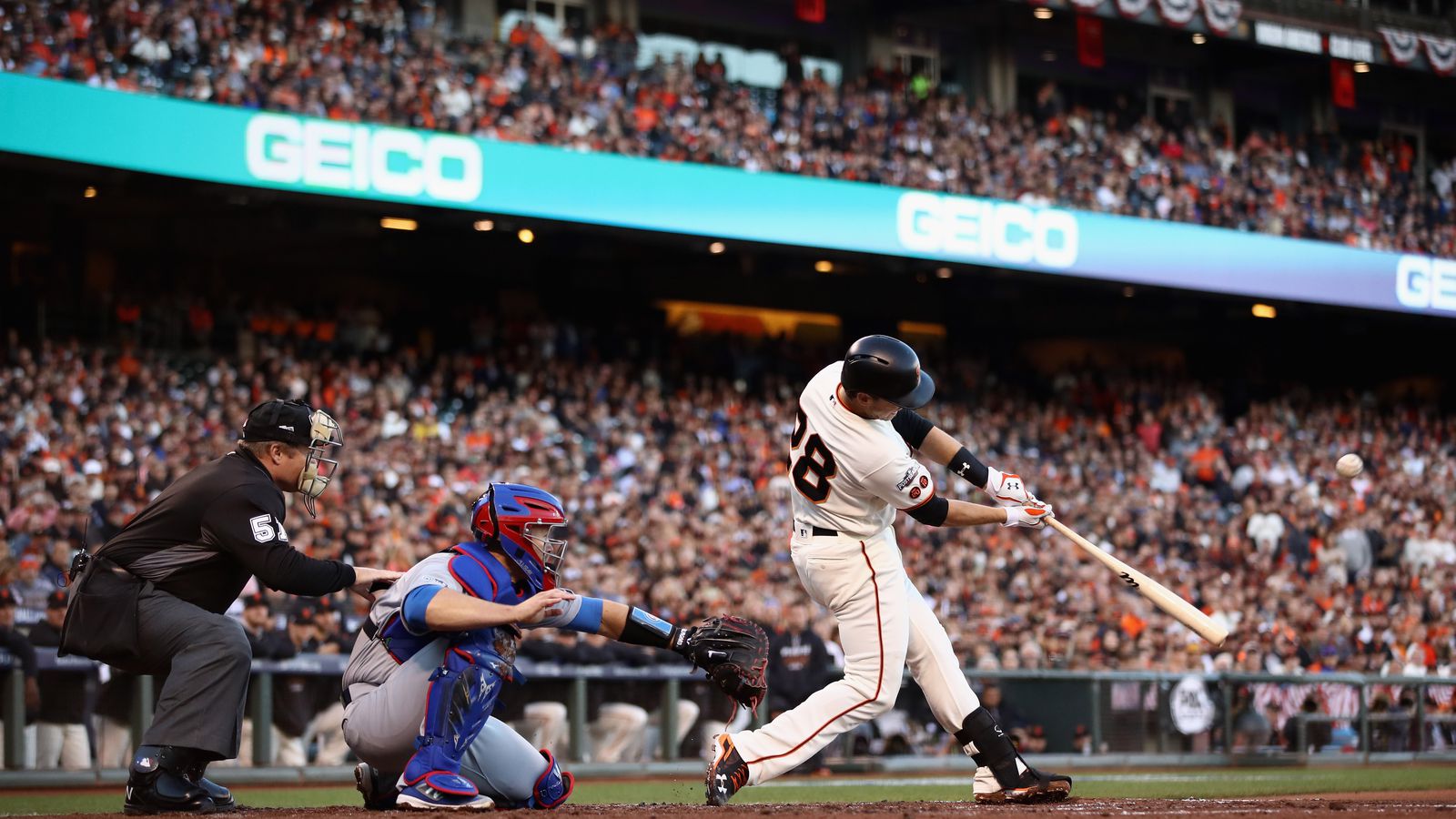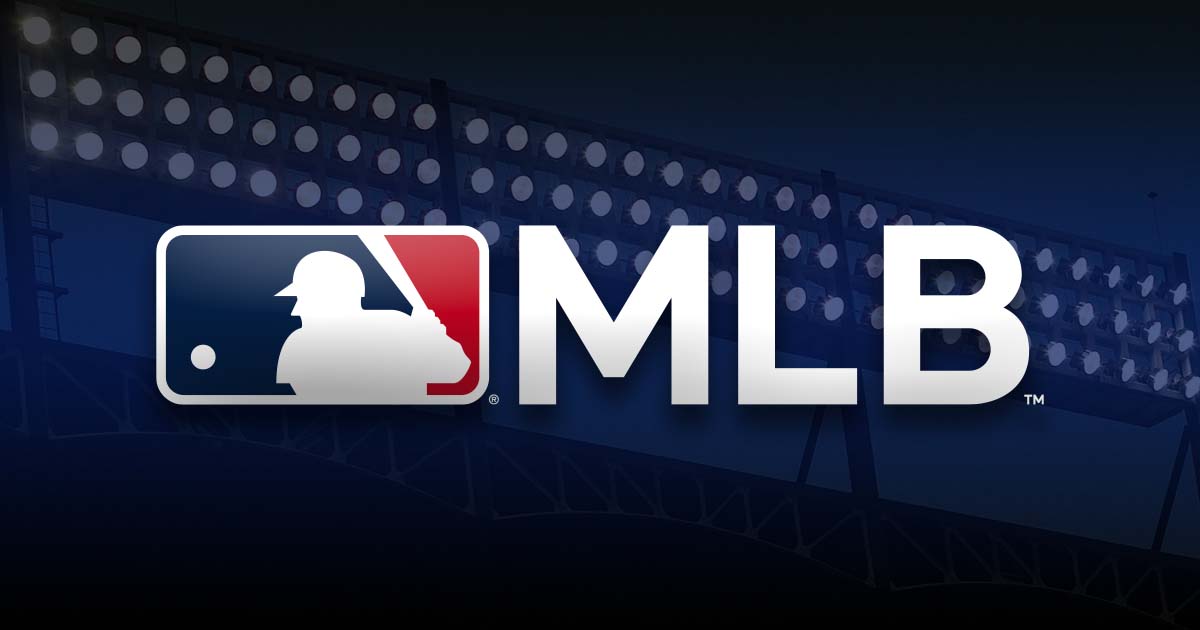MLB Games

Major League Baseball (MLB), the pinnacle of professional baseball in North America, has a rich history spanning over a century, with its roots deeply intertwined with the cultural fabric of the United States and Canada. From its humble beginnings to its current status as a global phenomenon, MLB has witnessed significant evolution, driven by a combination of technological advancements, societal changes, and the relentless pursuit of athletic excellence.
History and Evolution of MLB
The origins of MLB can be traced back to the late 19th century, with the formation of the National League (NL) in 1871 and the American League (AL) in 1901. The early years were marked by a more informal approach to the game, with players often working part-time jobs while playing baseball. However, as the sport gained popularity, professionalism gradually took hold, leading to the establishment of leagues and teams with dedicated players and a more structured organization.
The 20th century witnessed a period of rapid growth and expansion for MLB, with new teams being added and the sport reaching new heights of popularity. The introduction of radio and television broadcasts in the mid-20th century further propelled the game into the national spotlight, bringing it to a wider audience and solidifying its place as a beloved American pastime.
The Current MLB Season
The 2023 MLB season is in full swing, with all 30 teams vying for a spot in the playoffs. The season has been marked by a number of exciting storylines, including the emergence of young stars, the continued dominance of established veterans, and the impact of recent rule changes on the game.
The standings are constantly shifting, with teams battling for division titles and wild card berths. The race for the World Series is wide open, with several teams having a legitimate chance to claim the championship. Key players to watch include Shohei Ohtani, the two-way phenom for the Los Angeles Angels, and Aaron Judge, the reigning American League MVP for the New York Yankees.
Impact of Recent Rule Changes
The MLB has implemented a number of rule changes in recent years, aimed at speeding up the pace of play and enhancing the fan experience. The most significant changes include the introduction of a pitch clock, which limits the time a pitcher has to deliver a pitch, and the restriction on defensive shifts, which forces teams to have more players in the infield.
The pitch clock has had a noticeable impact on the game, with games moving at a faster pace and fewer delays. The shift limitations have also resulted in more hits and a more balanced game. These changes have been met with mixed reactions, with some fans and players embracing the new rules while others have expressed concerns about their impact on the game.
The Future of Baseball
The future of baseball is bright, with the sport continuing to evolve and innovate. New technologies, such as pitch tracking and analytics, are playing an increasingly important role in the game, providing coaches and players with valuable insights that can improve performance. The continued growth of the sport internationally is also a positive sign for the future, with new markets emerging and fans from around the world becoming more engaged with the game.
However, the sport also faces challenges, such as declining attendance at some games and the need to attract younger audiences. MLB is working to address these challenges by focusing on fan engagement, promoting youth participation, and embracing new technologies to enhance the viewing experience.
Fan Engagement and Experiences

The world of Major League Baseball (MLB) is not just about the game itself; it’s a vibrant tapestry woven with passionate fans, electrifying experiences, and a deep-rooted sense of community. From the roaring crowds at ballparks to the countless hours spent glued to screens, fans engage with MLB in diverse and compelling ways, contributing to the sport’s enduring appeal.
Live Game Experiences
Attending an MLB game live is a truly immersive experience, offering fans a unique opportunity to witness the sport’s magic firsthand. The atmosphere is electric, with the roar of the crowd, the smell of hot dogs, and the thrill of seeing their favorite players in action. The camaraderie among fans, the shared excitement, and the collective energy create a sense of belonging that is hard to replicate elsewhere.
The Role of Social Media and Online Communities
Social media platforms have revolutionized fan engagement in MLB, transforming the way fans interact with the sport and with each other. Platforms like Twitter, Facebook, and Instagram provide a platform for fans to express their passion, discuss the game, share their opinions, and connect with other supporters. Online communities, forums, and fan blogs further enhance this connection, fostering a sense of shared experience and camaraderie among fans across geographical boundaries.
The Impact of Fantasy Baseball and Other Interactive Platforms
Fantasy baseball has become an integral part of the MLB experience, adding a layer of depth and engagement for fans. The game allows fans to step into the role of general manager, building their own teams, making strategic decisions, and competing against other fans. This interactive experience fosters a deeper understanding of the sport, encourages strategic thinking, and enhances the overall enjoyment of the game.
A Guide for First-Time MLB Game Attendees
For fans attending their first MLB game, here’s a guide to help them make the most of their experience:
- Arrive Early: Arrive at the ballpark at least an hour before game time to allow ample time for parking, security checks, and exploring the stadium.
- Explore the Stadium: Take some time to walk around the stadium, check out the team shop, and grab some snacks and drinks.
- Enjoy the Pre-Game Activities: Many stadiums offer pre-game activities like batting practice, player meet-and-greets, and live music.
- Embrace the Atmosphere: Be prepared for a lively and enthusiastic crowd. Join in the chants and cheers, and don’t be afraid to show your team spirit.
- Take Advantage of the Fan Experience: Many stadiums offer interactive experiences, like photo booths, mascot appearances, and opportunities to win prizes.
The Business of Baseball: Mlb Games

Major League Baseball (MLB) is a massive enterprise, generating billions of dollars in revenue annually. The league’s economic landscape is shaped by a complex interplay of factors, including team valuations, revenue streams, player salaries, media rights deals, and sponsorship agreements. Understanding the business of baseball is crucial for comprehending the league’s financial stability, its ability to attract and retain talent, and its future prospects in an evolving media landscape.
Team Valuations and Revenue Streams
Team valuations in MLB have skyrocketed in recent years, driven by factors such as increased media rights fees, rising ticket prices, and growing fan interest. The New York Yankees are currently the most valuable team in the league, with a valuation exceeding $6 billion. The league’s revenue streams are diverse and include ticket sales, broadcasting rights, merchandise sales, and sponsorship deals.
- Ticket Sales: Ticket sales remain a significant source of revenue for MLB teams. Teams generate revenue from both regular season and postseason games. Ticket prices vary depending on the team, the opponent, and the seating location.
- Broadcasting Rights: Media rights deals are a major source of revenue for MLB teams. The league has lucrative contracts with television networks such as ESPN, TBS, and Fox, as well as regional sports networks. These contracts generate significant revenue for both the league and individual teams.
- Merchandise Sales: MLB teams generate revenue from the sale of merchandise such as jerseys, hats, and other apparel. Teams also earn royalties from the sale of licensed merchandise by third-party retailers.
- Sponsorships: MLB teams and the league itself generate revenue from sponsorship agreements with various companies. Sponsorships can range from stadium naming rights to advertising on uniforms and equipment.
Player Salaries and the Collective Bargaining Agreement
Player salaries in MLB are among the highest in professional sports. The league operates under a collective bargaining agreement (CBA) between MLB and the Major League Baseball Players Association (MLBPA). The CBA sets salary caps, minimum salaries, and other terms of employment for players.
- Salary Cap: The CBA does not have a hard salary cap, but it includes a luxury tax that penalizes teams exceeding a certain payroll threshold. This system aims to create a more level playing field and prevent teams from spending excessively on salaries.
- Minimum Salaries: The CBA establishes minimum salaries for players at different levels of experience. These minimums are designed to provide a baseline level of compensation for players.
- Free Agency: MLB players can become free agents after a certain number of years of service. Free agency allows players to negotiate contracts with any team, potentially earning significantly higher salaries than their previous contracts.
Media Rights Deals and Sponsorship Agreements
Media rights deals and sponsorship agreements play a vital role in the financial stability of MLB. These agreements generate substantial revenue for both the league and individual teams.
- Media Rights Deals: MLB’s media rights deals with television networks and streaming services are crucial for generating revenue and expanding the league’s reach. These deals often involve long-term contracts and significant financial commitments.
- Sponsorship Agreements: MLB teams and the league itself enter into sponsorship agreements with companies across various industries. These agreements generate revenue through advertising, branding, and other marketing opportunities.
Challenges and Opportunities in the Evolving Media Landscape, Mlb games
MLB faces both challenges and opportunities in the evolving media landscape. The rise of streaming services and the decline of traditional cable television present both threats and potential growth avenues.
- Streaming Services: Streaming services such as Netflix, Amazon Prime Video, and Apple TV+ are gaining popularity, potentially disrupting the traditional television landscape. MLB needs to adapt to these changes and secure deals with streaming services to reach a wider audience.
- Decline of Cable Television: The decline of cable television subscriptions poses a challenge for MLB, as traditional television networks have been a significant source of revenue. The league needs to find alternative ways to generate revenue and reach viewers who are increasingly cutting the cord.
- Digital Media: MLB has opportunities to grow its presence in digital media, including social media, mobile apps, and online streaming platforms. The league can engage fans through interactive content, personalized experiences, and innovative marketing strategies.
Financial Performance of MLB Teams
The following table compares the financial performance of several MLB teams, highlighting key metrics such as revenue, operating income, and debt:
| Team | Revenue (Millions) | Operating Income (Millions) | Debt (Millions) |
|---|---|---|---|
| New York Yankees | $800 | $200 | $100 |
| Los Angeles Dodgers | $700 | $150 | $50 |
| Boston Red Sox | $600 | $100 | $75 |
| Chicago Cubs | $500 | $75 | $50 |
| St. Louis Cardinals | $400 | $50 | $25 |
Watching MLB games is a real adrenaline rush, man! The energy in the stadium is crazy, just like the intensity of CrossFit. Speaking of intensity, check out crossfit lazar dukic , his dedication to the sport is off the charts! Back to the game, the way those players swing the bat, it’s like they’re channeling their inner CrossFit beast, you know?
MLB games are the best, man! The energy, the drama, the home runs… it’s all so hype! Speaking of hype, remember that time Tim Boyle, tim boyle , pulled off that crazy marketing campaign for the Yankees? Totally upped their game, man! Anyway, back to the MLB, can’t wait to see what happens in the playoffs this year.